We will learn to speak again
Konstnärshuset, Stockholm
Konstnärshuset, Stockholm
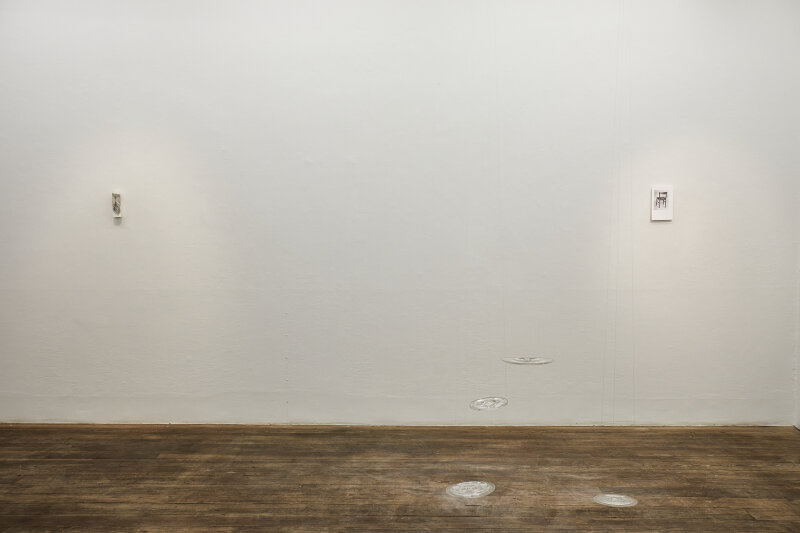
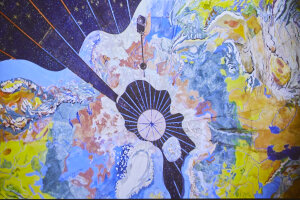
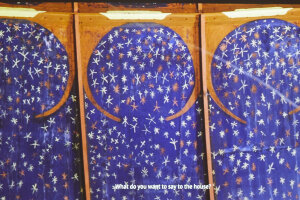
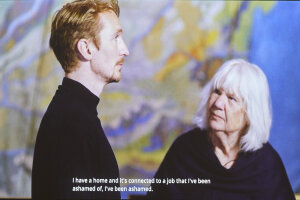
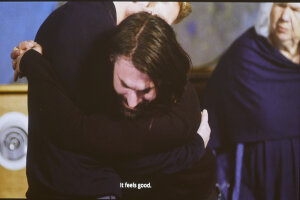
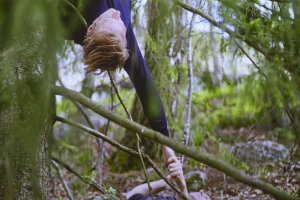
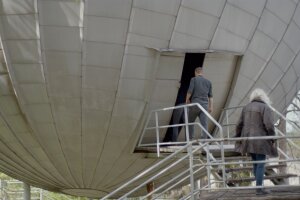
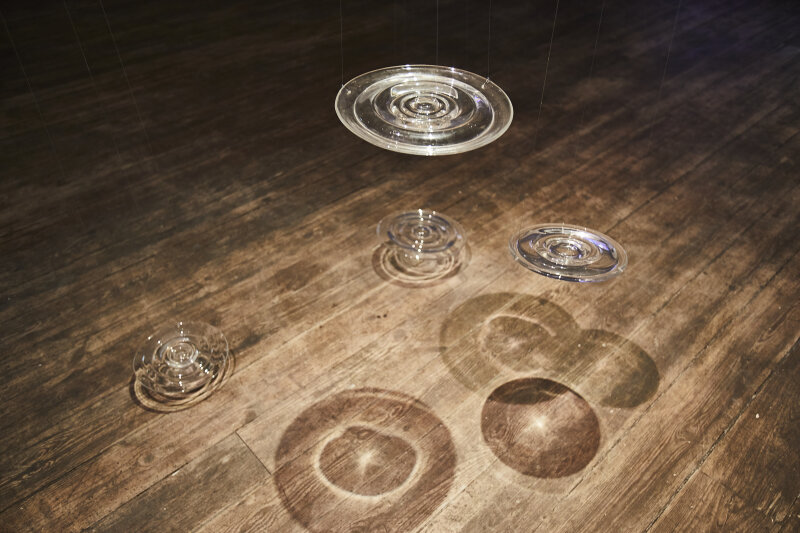
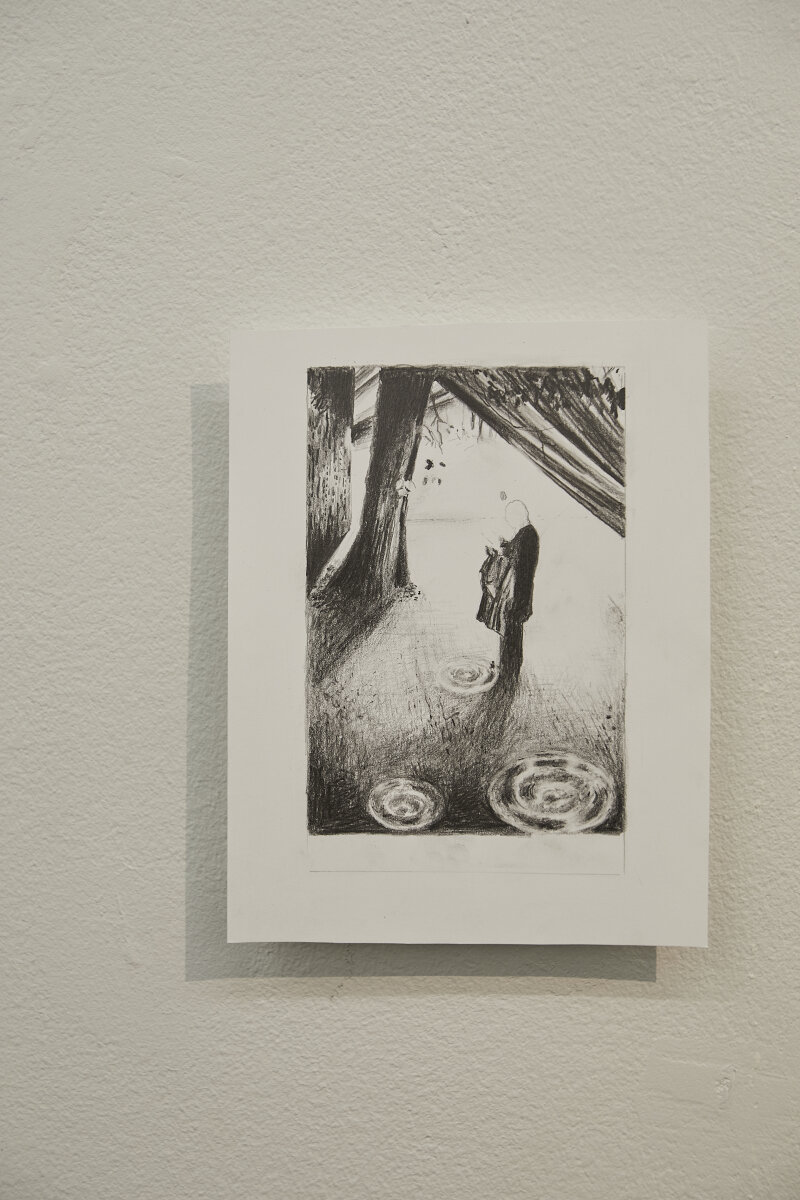
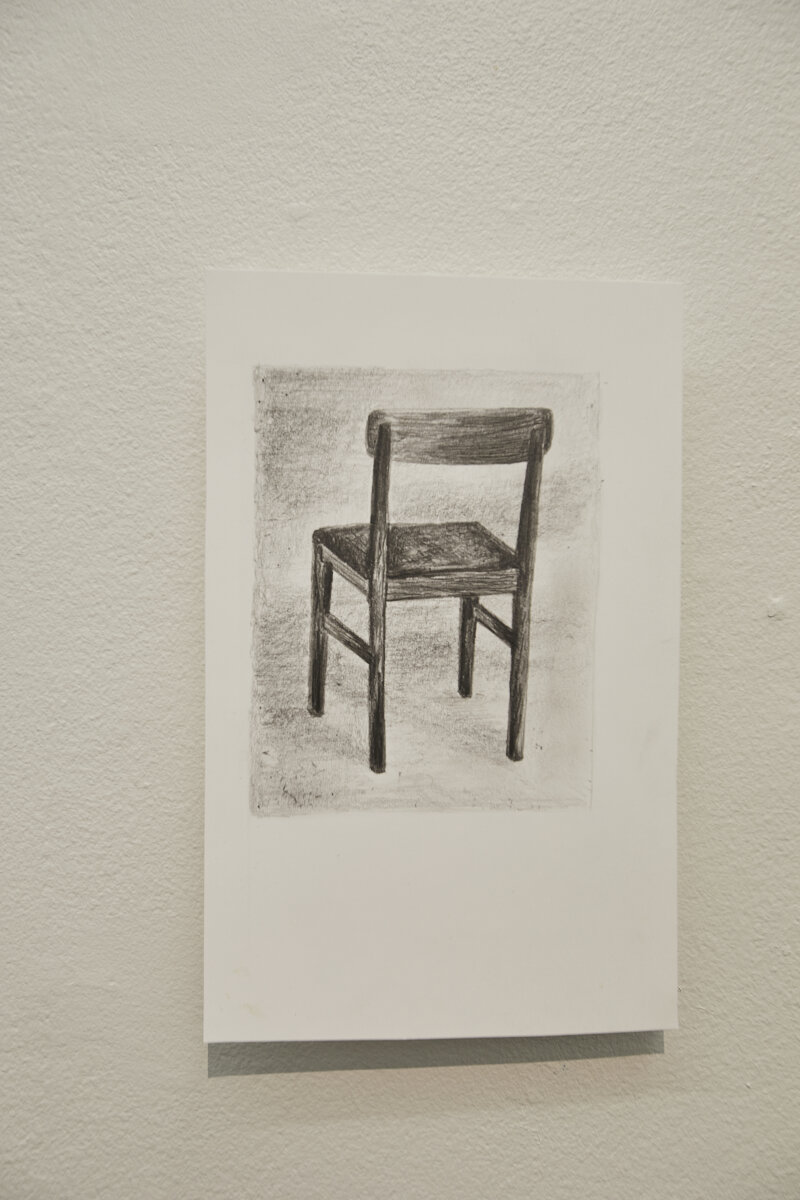
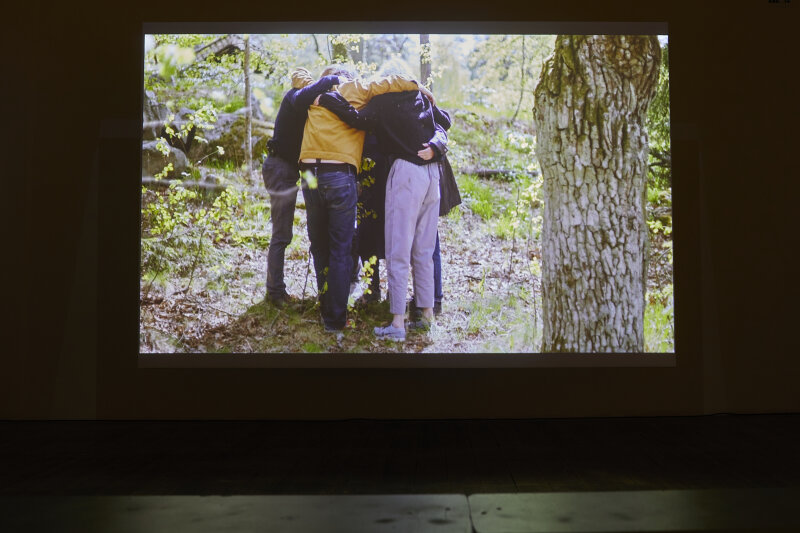
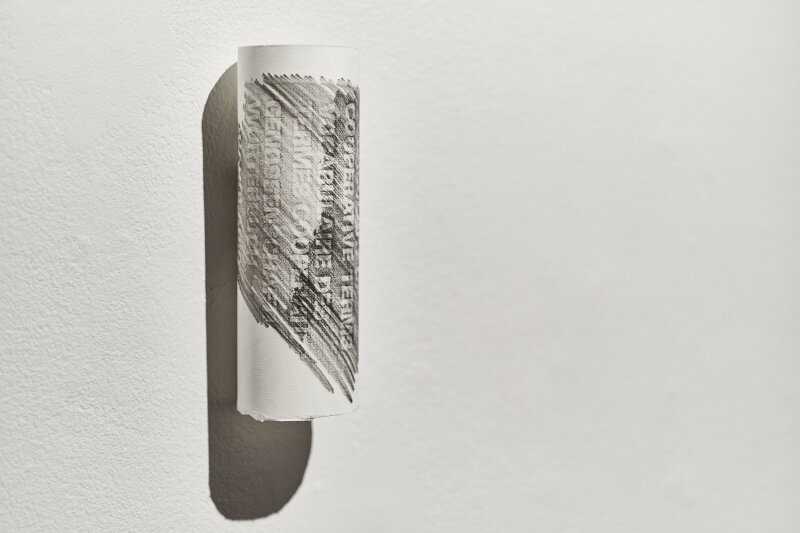
Filmed inside an inverted globe, Enqvist reenacts personal and collective experiential explorations for his new film "We will learn to speak again". The globe was built for the radical exhibition "Without Borders” on the occasion of the 1957 International Cooperative Congress in Stockholm. Inside is a painting of a borderless world by the artist Sven X:et Erixson. "We will learn to speak again" (2022) poetically documents fragments of a psychodrama with 6 participants including Enqvist himself. For a moment they shared something highly personal yet universal in an attempt to embody meaning and sense paths to other futures.
We will learn to speak again
Inspired by his fascination for alternative or intentional communities, Love Enqvist's work is shaped by a language loaded with semiotics of utopia, mysticism, philosophy, carefully placed together as if in a dream.
The Kooperativa Förbundet or the "Swedish Cooperative Union and Wholesale Society" was a union which later developed into a wholesale supplier. Its original mission was to enable economic independence for consumers and for a better social life as a whole. Enqvist explores the archives of the Swedish Cooperative Union to unravel new dimensions of collective memory and its erasure. How has the archive been overwritten and what has been lost since its closing in 2019?
His new film We will learn to speak again (2022) is a continuation of his on-going engagement with the Cooperative’s history. Filmed inside an inverted globe, Enqvist reenacts personal and collective experiential explorations of universal themes. The inverted globe 16 meters in diameter was built for the exhibition Without Borders in Stockholm on the occasion of the 1957 International Cooperative Congress. Covering the concave walls inside is a painting of a borderless world by the artist Sven X:et Erixson. The globe, now locked away at Parken Zoo in Eskilstuna, was once part of the Cooperative Union’s architectural visions to create a new collective society.
In collaboration with Monica Westberg, We will learn to speak again, stages a ‘psychodrama’ within the inverted globe. Enqvist is interested in the potential to explore both deeply personal as well as bigger global questions through enactment.
‘Psychodrama’ was developed by the Romanian-American psychiatrist and educator, Jacob Moreno, from the 1930s-70s, as a study of interpersonal relations. It is an experiential and action-based group therapy directed by a psychodramatist who guides the group through different stages of exploration, culminating with each sharing their experiences. The method focuses on relations and shifting perspectives, including a voluntary protagonist, role reversal and enactment. Encouraging spontaneity and creativity, the psychodrama method is intended to empower the group dynamics to explore connectedness, emotion and conflicts in a safe space.
Among Enqvist´s images we find a frottage from the book ”Cooperative Vocabulary” published 1974, referencing the title of the exhibition. The Swedish Cooperative had an extensive utopian library of visionary pioneers. Among them was Martin Sundell (1879-1910) He dreamt of a class free society and was inspired by the anarchist Peter Krapotkin's (1842 - 1921) book, Mutual aid and his vision of self-sustainable communes. Krapotkin argued for cooperation rather than competition within a decentralized economic system based on mutual aid, support and voluntary cooperation.
For the exhibition entrance of Without Borders 1957, Egon Møller-Nielsen made an installation of glass and mirror objects, inspired from the round shapes of the windows from the first cooperative in Rochdale, England. The weavers of the British coop initiated the Rochdale Principles of co-operation that still provide the foundation for most cooperatives today. These set of principles included open membership, democratic control, autonomy, education and information, concern for the community, dividend-economic participation, and cooperation among cooperatives. Nielsen's glass circles in the installation symbolized the cooperative's impact spreading all over the world. Enqvist’s replicas of these, “Like drops of rain.1957,2022” , precariously hanging from the ceiling, evoke the fragile remnants of this ideology like an echo from the past.
Envisioning and making a more resilient and sustainable future are now more urgent than ever before. The personal and universal theme of the psychodrama was the notion of home. As Agnes Heller has stated, the home is one of the few constants of the human condition. What does home do when it is not there? Collective healing can only take place where both critical hope and resistance are present. Enqvist, activates the inverted globe without peripheries to reassure a home can be recreated, felt and lived even through an empty chair.
Annabelle von Girsewald
Next work: Co-Op